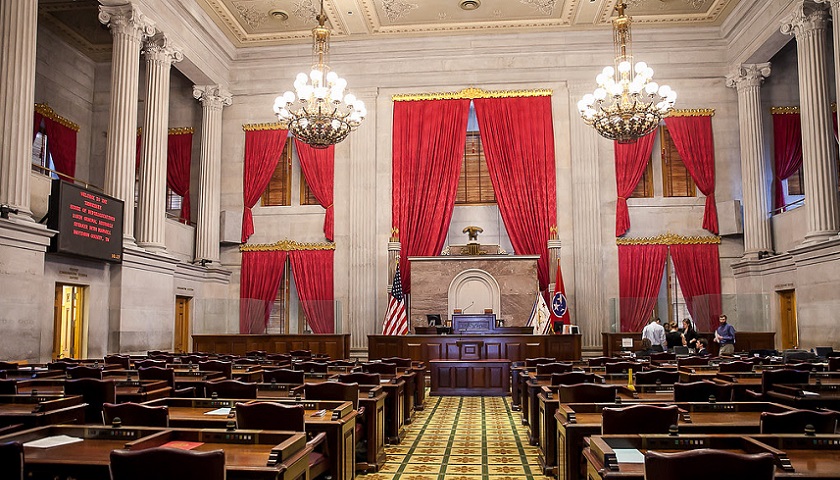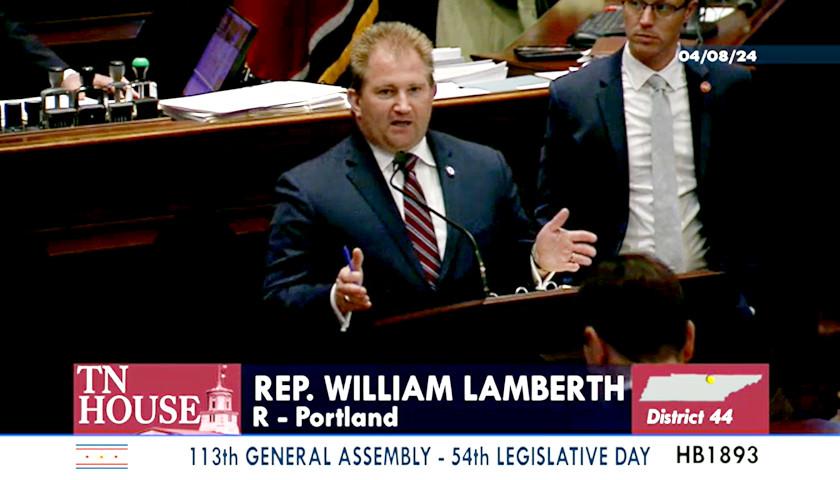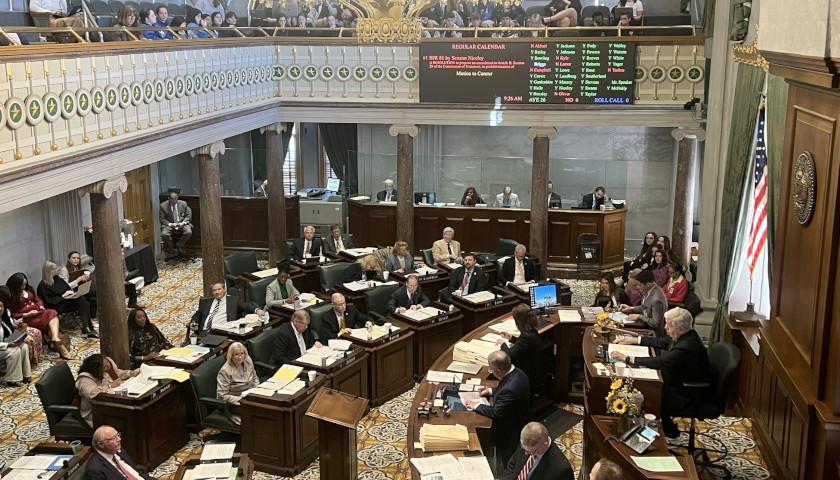The final action of the Tennessee House of Representatives 2017 session of the Tennessee General Assembly was for Rep. Tilman Goins (R-Morristown) to roll a bill he sponsored this year, HB16/SB38, to 2018, after a conference committee could not reconcile the differences between the House and the Senate.
The bill authorizes members of the General Assembly and political campaigns to fund raise during prescribed legislative recesses in even numbered, or election, years.
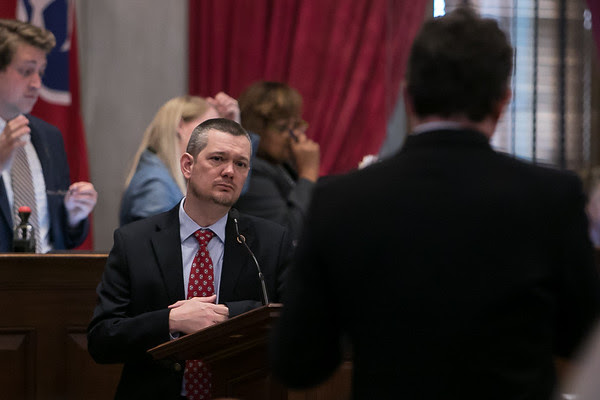
The move was unusual, even in a session of unusual legislative events, most notably an increase in the gas tax which has remained unchanged for nearly three decades and maneuvers that nearly “blew up” the budget.
The Senate added an amendment that was not accepted by the House, and the Senate refused to recede from its amendment, thereby creating a kind of stalemate.
In such situations, a conference committee is appointed, usually consisting of at least three members of each house. In this instance, the conference committee consisted of Senators, the Senate bill’s sponsor, Steve Southerland (R-Morristown), Bo Watson (R-Hixson) and Brian Kelsey (R-Germantown) and four Representatives, Tilman Goins, Glen Casada (R-Franklin), Andy Holt (R-Dresden), and Mike Stewart (D-Nashville)
The conference committee’s mission is “to meet and attempt to reconcile the differences between the two houses on the bill, or to recommend a course of action agreeable to both houses.”
After a lengthy recess during which the conference committee meeting took place, reports from both the majority and minority parties each recommended a different course of action.
The House Clerk advised Speaker Beth Harwell (R-Nashville), “It has been our practice to call up the minority report first.”
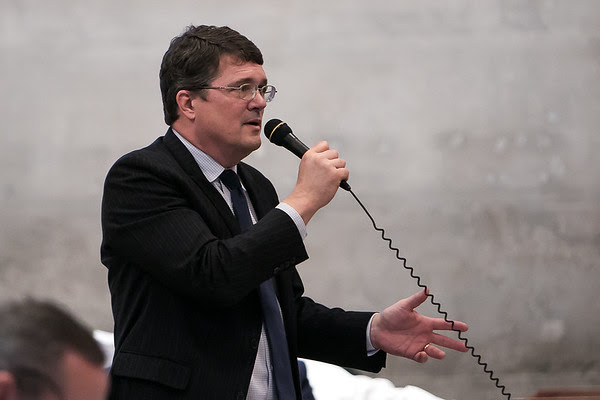
House Democratic Caucus Chair and conference committee appointee, Mike Stewart, started his position statement by saying, “I think this is a situation where the sponsor of the bill had a good bill or a bill that certainly was worth debate on the floor and that’s why what my minority report does is just take the current sponsor’s language, the House language, and just enact that and erase everything we got out of the conference committee.” Stewart continued,
My problem, and the reason I filed a minority report, is because during the conference committee, as sometimes happens, the entire nature of this bill changed. We still have the very legitimate language that the sponsor drafted and passed through committees, that makes sense, but from the committee itself, particularly its senate members also received a new set of laws which will completely change our contribution limits in this state, elevating our contribution limits for individuals, elevating our contribution limits for PACs, and nearly doubling the aggregate money that a PAC can contribute to our political system in a particular cycle.
Stewart then talked about the timing of the change, saying,
I just don’t think we need to be making a momentous decision about the levels of private money that go into campaigns right now, as basically the last thing this body does in this session. The last remembered event that we do. If we’re going to do something like this, let’s get together, study it, do it properly. Let’s just not do it at the last second without any real public notice, without any real public review without any input by the people that elected us. I just think that’s the bad way to go.
The motion to adopt the minority report, which reverted to the original bill without the Senate amendment or the conference committee amendment, was made by Stewart.
Goins then moved to table the motion to adopt the minority report, which narrowly passed by a vote of 41 aye, 40 no.
When it came time to vote on the bill as amended by the conference committee majority report, its sponsor, Goins, setting the stage to encourage passage of the bill, expressed that the original part of the bill remained intact and that the conference committee corrected the issues from the Senate amendment.
At the last minute, it appeared that there wouldn’t be the votes necessary to reach a constitutional majority.
With that, Rep. Goins rolled the bill to 2018, a move that was met with applause from the House members.
Following the resolutions between the two houses and each house with the Governor’s office to officially end the session, the start of the next session was set for Tuesday, January 9, 2018 at 12 noon.

